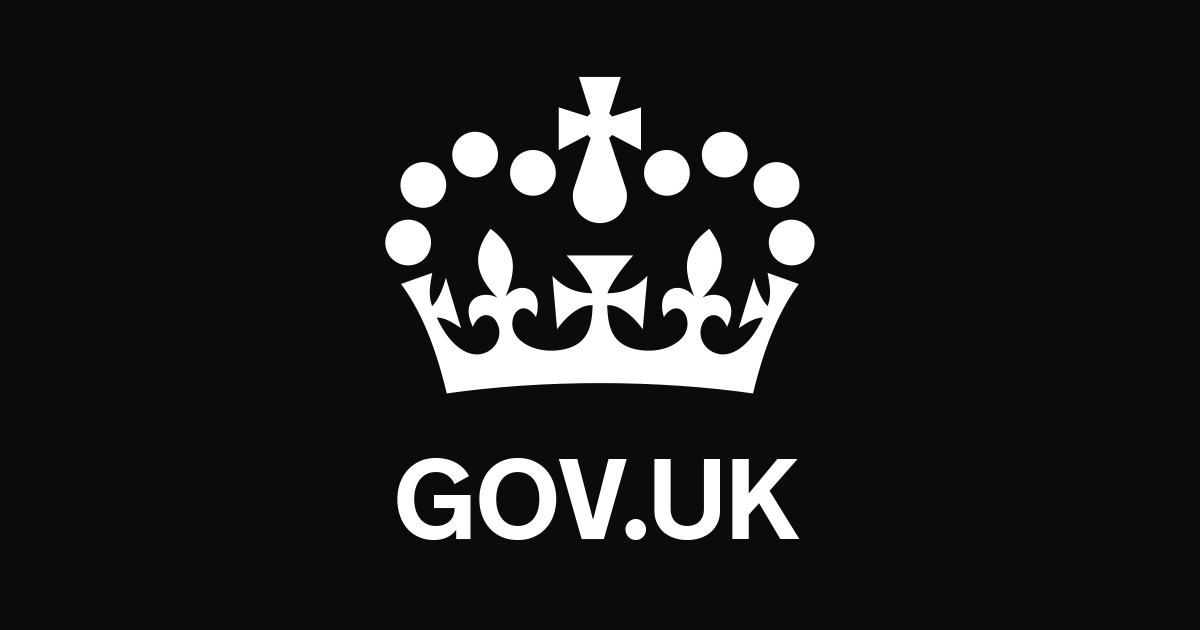
Stay up to date
This guidance will be updated if anything changes to how you get state healthcare in Portugal.
This information is about living in Portugal. There’s different guidance about visiting Portugal.
You need to be registered as a resident in Portugal to access state healthcare.
State healthcare in Portugal is not completely free. Healthcare costs are covered by the state, and patients pay standard user fees, known as ‘taxas moderadoras’.
UK nationals usually access the Portuguese healthcare system in one of these ways:
- registering to use the Portuguese national health service as a resident
- using a European Health Insurance Card (EHIC) or UK Global Health Insurance Card (GHIC) for temporary stays
- registering a UK-issued S1 form
Healthcare if you live and work in Portugal
Everyone who’s registered as a resident can also register to access the Portuguese national health service (SNS) on the same basis as a Portuguese citizen.
This is the same if you’re employed, self-employed or not working.
You may be entitled to a Portuguese EHIC for travel, including visits to the UK.
You may also have the right to apply for a UK S1 if you start drawing a UK State Pension.
How to register
Before registering for healthcare you need to register as a resident.
If you’re employed, you’ll also need your social security number (NISS). Get this from your employer, or request it from the tax office if you’re self-employed.
To register for healthcare, go to your local health centre (centro de saúde). You’ll need your:
- residence certificate
- passport
- tax identification number (NIF) from your local tax office (finanças)
- social security number (NISS) if you’re employed or self-employed
Once you’ve registered you’ll get a health number (número de utente de saúde). Show this when you visit a doctor in the state healthcare system.
How much you’ll pay
You pay standard user fees (taxas moderadoras) for state healthcare services in Portugal.
This means that you’ll pay a fixed amount depending on the service. Your GP in Portugal will be able to tell you what you’ll pay for any treatment.
How much you pay will depend on what you’re being treated for and how you’ve accessed the healthcare system. The Portuguese ministry of health publishes details on user fees (in Portuguese).
Examples of what you’ll pay are:
- 5 euros for a GP appointment
- 15 euros to go to A&E
You’ll need to pay something towards the cost of any prescribed medicine.
You may be exempt from paying fees for some services, prescriptions and treatments, for example if you’re:
- pregnant
- a child under 12
- unemployed
Find out more about paying user fees on the SNS website (in Portuguese) or speak to your GP in Portugal.
Dental care is not usually covered by the Portuguese national health service.
If your UK employer has sent you to Portugal temporarily (‘posted workers’)
A posted worker, also known as a ‘detached worker’, is someone who is employed or self-employed in the UK, but temporarily sent to a European Economic Area (EEA) country.
UK posted workers can access healthcare in Portugal using an EHIC, GHIC or S1 form.
HMRC has a helpline for National Insurance enquiries from non-UK residents. They can answer questions about posted worker status and explain which documents you will need to get healthcare while posted.
UK-funded healthcare: using an S1 form in Portugal
There’s different guidance if you have an S1 as a posted worker.
You may be entitled to state healthcare paid for by the UK if you’re a Portuguese resident and receive a UK State Pension.
You may also be entitled to an S1 form if you’re a frontier worker (someone who works in one state and lives in another). You must contact HMRC National Insurance enquiries to find out if you’re eligible.
If you started living in Portugal before 1 January 2021, you may also be entitled to an S1 if you receive some other ‘exportable benefits’.
Once you have an S1 form, you must register it on the Portuguese social security system.
This means you and your dependants will be entitled to state healthcare in Portugal on the same basis as a Portuguese citizen.
You’ll also get:
Dependants and family members may be classified differently in Portugal than the UK.
Check with the local authorities when you register your S1 form.
How to get an S1 form
If you have a UK State Pension, you must request an application form by phone from NHS Overseas Healthcare Services.
NHS Overseas Healthcare Services
Telephone: +44 (0)191 218 1999
Monday to Friday, 8am to 6pm
Saturday, 9am to 3pm
How to use an S1 form in Portugal
Register your S1 form at any social security office (segurança social). Find your nearest office (website in Portuguese).
You also need to register your S1 form at your local health centre (centro de saúde).
You’ll need your:
- S1 form
- passport
- residence certificate
You may also need your tax identification number (NIF). You can get this from your local tax office.
Once you’ve registered at a health centre, you’ll be issued with a health number (número de utente de saúde). This shows that you’re entitled to state healthcare on the same basis as a Portuguese citizen.
Studying in Portugal
You can use an EHIC or GHIC to get medically necessary healthcare until the end of your study period.
Getting treatment in the UK
Some former UK residents do not have to pay for NHS treatment when visiting England. This includes UK nationals who started living in the EU before 1 January 2021.
Read more about healthcare when you no longer live in the UK.
If you return to live in the UK you’ll be able to use the NHS like any other UK resident.
Read more about using the NHS when you return to live in the UK.